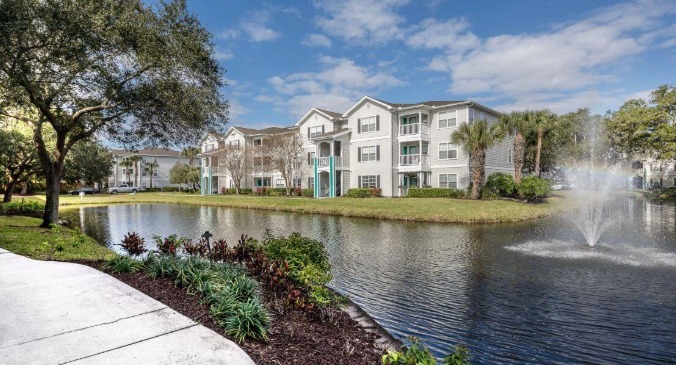
The only pre-demolition notice went to the former owner who lost the building to the city 18 years earlier in a tax sale. The city apparently forgot it sold the property to the Garretts, and that it owned the property for 17 years.
After tearing down the Garrett’s building, the city refused to compensate the Garretts, and slapped them with a $11,000 demolition bill after they protested the razing of their building.
The city’s actions violated the Garretts’ constitutionally protected rights in multiple ways: their right against unreasonable seizure protected by the Fourth Amendment, their right to just compensation for the taking of their property protected by the Fifth Amendment, and their guarantee of due process protected by the Fourteenth Amendment.
In Louisiana, state courts cannot force cities to pay financial damage awards, so seeking justice from the state courts would be futile. And the city’s track record of judgement payouts is abysmal—it has refused or delayed close to $40 million owed to hundreds of citizens. So the case went to federal court.
“Smashing the unreasonable seizure, takings and due process clauses of the Constitution with one wrecking ball takes a special kind of bureaucratic hubris. If New Orleans is allowed to get away with such unconscionable actions, what’s to stop cities around the country from doing the same thing,” said PLF senior attorney J. David Breemer.
Unfortunately, a federal judge dismissed the case, declaring that before the Garretts turn to federal courts for relief, they must first exhaust all of their legal options in state courts. The problem is that they will get neither help nor vindication from the state courts.
It was argued in the federal court of appeals that the judge was wrong in dismissing the Garretts’ federal suit and bouncing them to the state courts. Federal courts are allowed to waive the “state court exhaustion” rule if state and local courts’ fairness is questionable. New Orleans’ constitutional abuses and the state’s toothless financial judgement laws clearly make the Garretts’ case ripe for such a waiver.
While the owners might have already completed the renovation and rented property by this point, the case and outcome remain pending.














